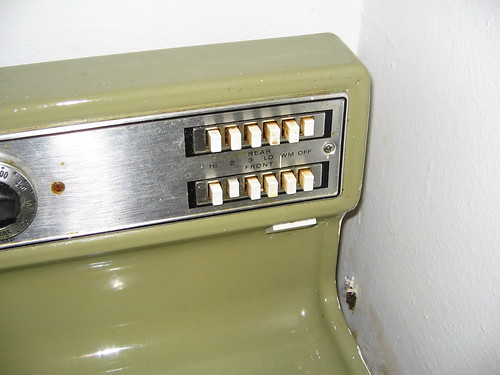11 Jan Warranty or No Home Warranty for your Rental Property
As a property manager in the Northern Virginia area, I’ve run across many reasons why some properties should have home warranties in place and others should not.
Keep in mind that there are several companies out there to choose from, each policy differs from the next, so read the fine print. Make sure all major systems are included (roof, mechanical, electrical, plumbing, all appliances). There will be limits to each one, so carefully compare.
- Each company will require a repair deductible due at the time of service. I recommend that you pass that repair deductible on to the tenants at the time you list the house for rent to ensure that it is established up front.
- Consider the age of your home when obtaining a warranty. Newer homes still may have some manufacturer warranties in effect, older homes, probably not. From what I have witnessed- appliances last typically around 7-10 years; HVAC systems if maintained with a regular service contract, can last from 10-20 years, 5-10 without servicing; Water Heaters 7-15 years; roof issues starting around 10-15 years.
- Do you have more than one?– If you have a zoned HVAC system, an extra refrigerator in the 2nd kitchen, a second dishwasher, a hot tub, etc… there are upgrades to the policy that you will need to pay for to make sure you are covered. I know firsthand that HMS will cover only one system per year if you have the standard coverage, however, if your second system goes out that same year, (without the upgrade to the policy), you’ll be left in the cold.
- Quit giving your home by-pass surgery– I find some owners putting off updating their property because the warranties are keeping things running for prolonged periods of time. Sometimes things are meant to be put to rest. Updating your property should net you higher rents and allow you some tax deductions in many cases (do some research to see what updates are going to benefit you the most and start there), so just go ahead and pull the plug on some of those antiques.

Side note: Things the Home Owners Insurance Companies don’t always tell you
Check with your Home Owners insurance carrier to see if they will protect you from items the warranty companies won’t. Back- ups, main sewer line collapses, floods, earthquakes; these are typically never covered under the standard provisions of a Home Owners Insurance Policy. Ask your insurance agent specifically to check the costs of adding these riders to your policy.

No Comments